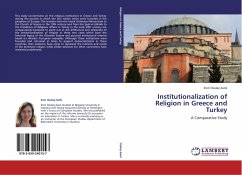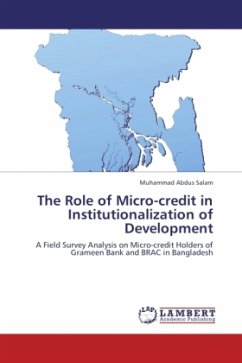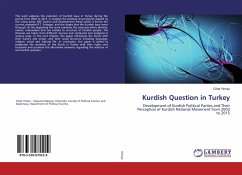This study concentrates on the religious institutions in Greece and Turkey during the process in which the two nation states were founded in the periphery of Europe. The transfer from the Greek Orthodox Patriarchate to the Church of Greece in the 19th century and from the eyh-ul Islâml k to the Presidency of Religious Affairs in Turkey in the early 20th century are comparatively examined to point out to the differences and similarities of the institutionalization of religion in these two cases which bore the historical legacy of the Ottoman Empire and pursued institutional reforms based on Western European examples. Although these institutions were founded and reformed at times to support democratization in these countries, their existence have come to represent the interests and needs of the dominant religion while similar solutions for other convictions have remained problematic.
Bitte wählen Sie Ihr Anliegen aus.
Rechnungen
Retourenschein anfordern
Bestellstatus
Storno








